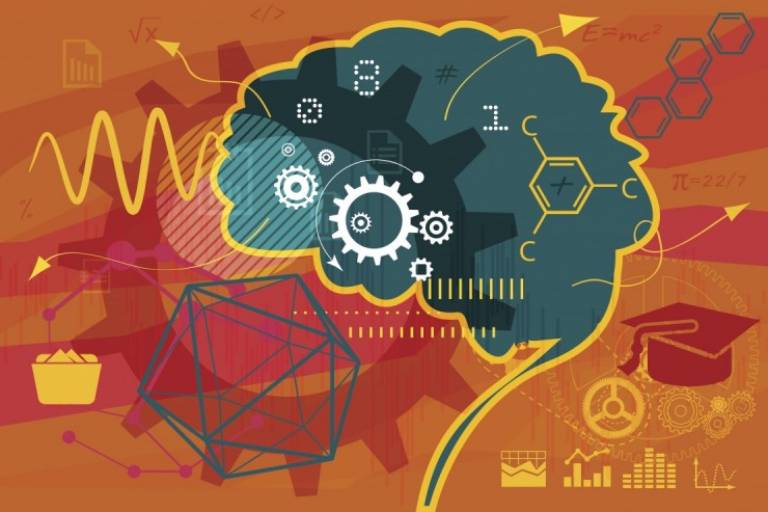Learning Engineering Requirements
and Resources
Learning Engineering is a growing discipline that expands what we know about learning—what works, for whom, and under what conditions.
Sitting at the intersection of computer science and learning science, learning engineering is a partnership between technologists, researchers, and educators to use big data in order to: better understand the learning process, develop more effective interventions, and drive evidence-based product innovation—with the ultimate goal of improving learner outcomes.
Education research and development is notoriously underfunded compared to other fields. Learning science research remains expensive, time-consuming, data-poor, and inequitable.
The consequences for learners are clear. Without effective research infrastructure, we will not keep pace with the needed innovation in solutions for learners, professional development, and classroom implementation.
We must increase access to rich learning data, expand the bench of technical talent applying cutting edge technologies to innovation in education, and ensure that those studying the need, developing the products, and implementing the solutions with learners are effectively working together.


Learning Engineering Google Group
Managed by The Learning Agency, this community provides a space to connect with others in the growing learning engineering field. Members share resources, events, funding opportunities, and more.
It serves as a dynamic hub for those in the space to connect, collaborate, and contribute to the evolving landscape of educational technology and learning engineering.
Join the Google Group using the link below.
How Should Participants Prioritize Learning Engineering in Their Proposal?
The Tools Competition responds to the urgent need to drive innovation and collaboration, and support a deeper understanding of learning. We aim to grow the field of learning engineering by supporting tools that are dedicated to using their platforms as instruments for research.
Edtech tools generate rich data that can allow researchers to run studies and better understand the learning process. Competitive proposals will not just use data for their own benefit, but will also importantly contribute knowledge to the field at-large.
Participants are required to detail how their tool will contribute to learning engineering, for example by:
- Describing the data their tool collects.
- Demonstrating an understanding of key research questions their tool can help answer.
- Partnering with researchers to structure their data and tool for research.
- Sharing data with researchers.
- Developing infrastructure for experimentation.
- Detailing an ongoing process to leverage their tool as an instrument for research at scale.
Read more here.
Learning Engineering Video Library
What does learning engineering really mean, what can it look like, and why does it matter? Use the featured resources below to build your understanding of learning engineering, see examples in practice, and dive deeper. You can also find learning engineering resources on our blog.

Introduction to Learning Engineering
- Overview of Learning Engineering
- The Practice of Learning Engineering

Examples in Practice
- Case Study: Talking Points
- Case Study: UpGrade, a Carnegie Learning A/B Testing Tool
- Ask-Me-Anything Event on Learning Engineering

Dive Deeper
- The Challenges of Learning Engineering
- Testbed Technology: Building Platforms That Improve as More People Use Them

Introduction to Learning Engineering

Examples in Practice
